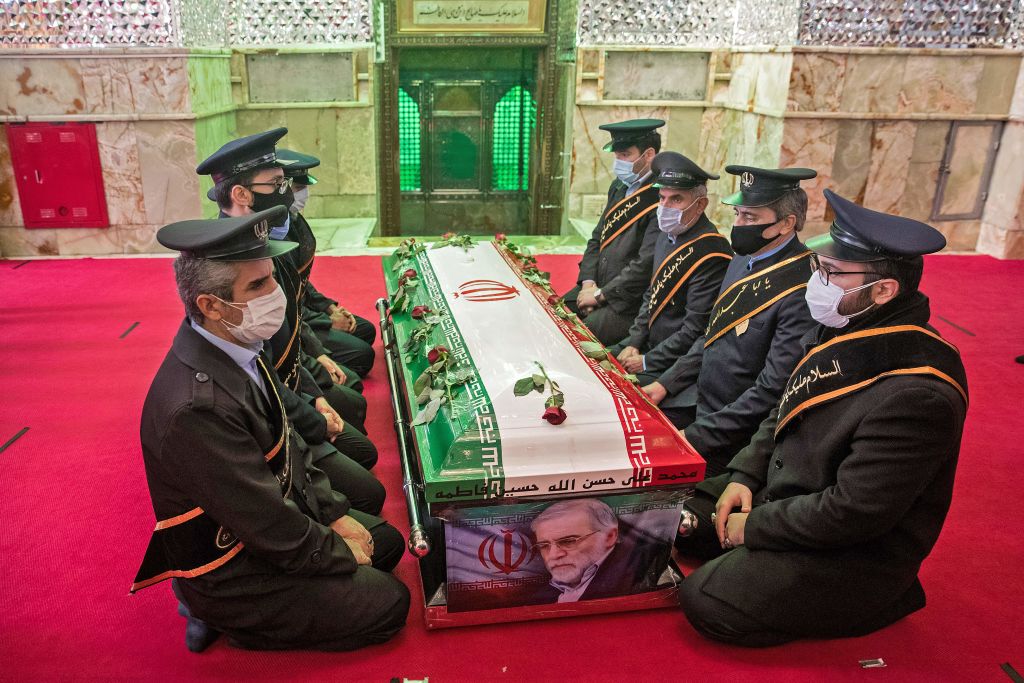The Mossad is not known for its touchy-feely approach. Whether it was the kidnap of Adolf Eichmann in the sixties, hunting down and executing the Black September terrorists in the seventies and eighties, or dispatching a Hamas chief while disguised as tennis players in a Dubai hotel in 2010, the agency has built a reputation as the most feared secret service in the world.
Yet its underlying moral imperative in this most morally difficult of professions must not be overlooked. Former Mossad chief Meir Dagan used to show spies about to embark on a mission a photograph of his grandfather kneeling in front of Nazi soldiers before they shot him. This sense of ethical purpose has always been at the heart of the agency, even when it has been driven to play dirty.
Many suspected that the agency had a hand in the recent assassination of top Iranian nuclear scientist Mohsen Fakhrizadeh. Now, based on conversations with top intelligence sources with knowledge of the operation, I can confirm for the first time that this was beyond doubt a Mossad hit.
From that moment – to use Mossad slang – it became clear that the scientist had to ‘depart’
The interviews I conducted, which form the basis of an article in this week’s Jewish Chronicle, also enabled me to answer many of the questions that had previously hung over the assassination.

Get Britain's best politics newsletters
Register to get The Spectator's insight and opinion straight to your inbox. You can then read two free articles each week.
Already a subscriber? Log in








Comments
Join the debate for just $5 for 3 months
Be part of the conversation with other Spectator readers by getting your first three months for $5.
UNLOCK ACCESS Just $5 for 3 monthsAlready a subscriber? Log in